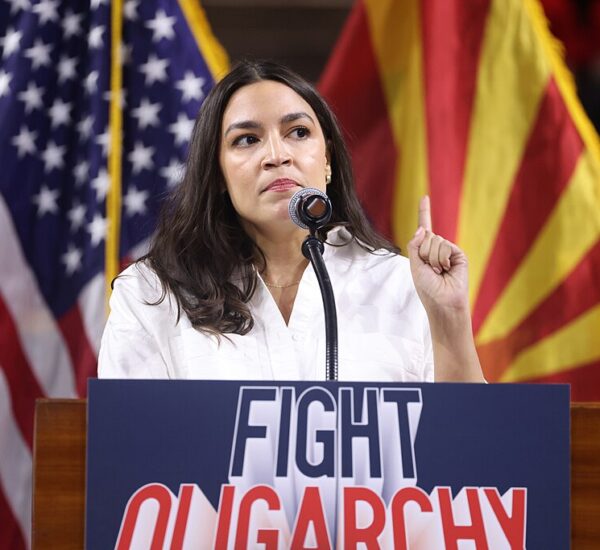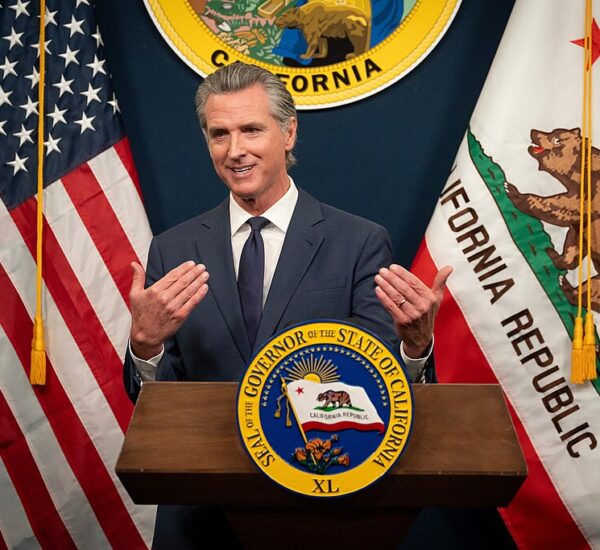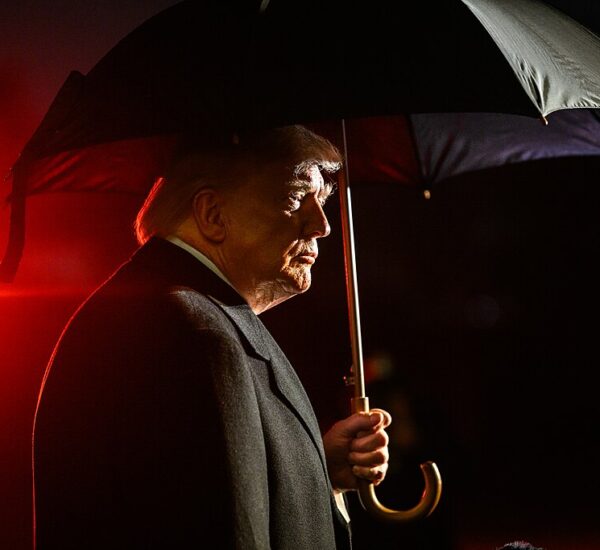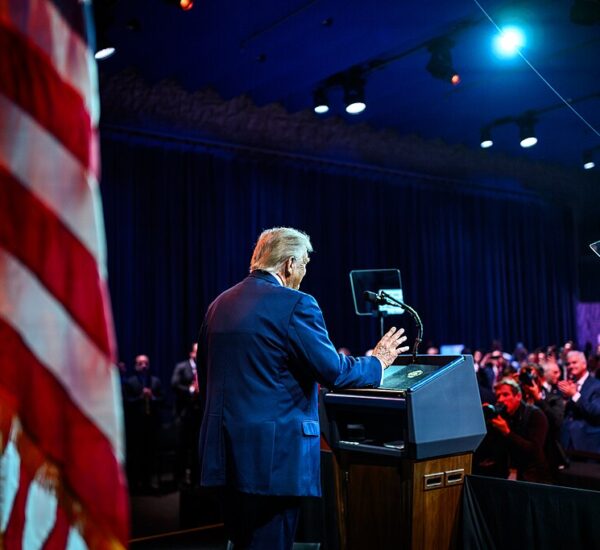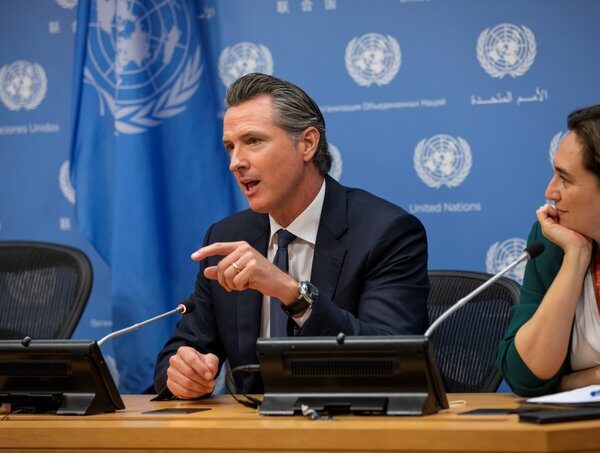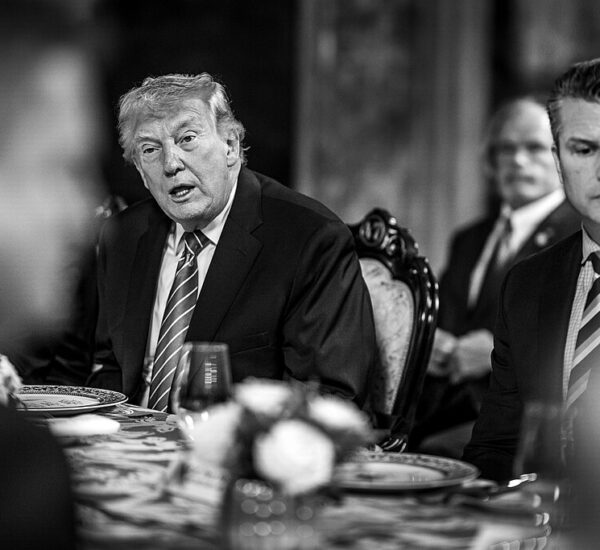Trump Brings Another Country To Negotiating Table
In a bold move to protect American manufacturing, President Donald Trump has reimposed tariffs on key imports from Brazil—putting pressure on foreign competitors and bringing jobs back home.
Now, Brazil is racing to the negotiating table.
According to Foreign Trade Secretary Tatiana Prazeres, Brazil is prioritizing high-level trade negotiations with the United States to address the new tariffs. “The directive from the minister and Vice President Geraldo Alckmin is simple: negotiate, negotiate, negotiate,” she said during an online forum hosted by the Brazil-China Business Council.
🔥 What’s at Stake: U.S. Steel Tariffs Hit Brazil Hard
As of last week, Brazilian imports face a 10% tariff, with steel—one of Brazil’s top exports—already hit with a 25% tariff since March. These tariffs are part of President Trump’s pro-growth, pro-America trade policy designed to reduce foreign dependence and prioritize domestic supply chains.
Brazil is America’s second-largest trading partner after China. In 2024 alone, the U.S. posted a $28.6 billion trade surplus with Brazil, driven by sectors such as oil, beef, aircraft, coffee, and orange juice.
But now, Brazilian exporters are bracing for impact.
🇺🇸 Trump’s Tariffs: A Wake-Up Call for Global Supply Chains
President Trump’s bold decision to reimpose tariffs underscores a commitment to secure American industry and level the playing field in global trade.
Behind closed doors, Brazilian officials have been holding confidential meetings with the Trump administration for over a month, hoping to negotiate exemptions or adjustments to soften the blow. These efforts, insiders say, helped avoid an even more severe outcome.
Brazil argues that it plays a critical role in the U.S. economy—especially in semi-finished steel production, where U.S. coal is shipped to Brazil and returned as steel for American factories. Officials warn that weakening this partnership could open the door for China-backed competitors to fill the gap.
💼 Top Brazilian Exports at Risk Under New U.S. Trade Policy
- Crude Oil
- Aircraft
- Beef
- Orange Juice
- Coffee
- Cellulose
The impact of U.S. tariffs on Brazilian goods could ripple through industries, with orange juice producers especially concerned. The U.S. is Brazil’s primary market for citrus exports, and new duties may drive prices higher for American consumers.
📈 Is There an Upside for Brazil?
Prazeres noted that during the earlier U.S.-China trade dispute, Brazil saw a surge in soybean exports to China, as Asian buyers shifted suppliers. While this may repeat, she warned, “That’s not the outcome we want. The risks are very real.”
Brazilian officials are also watching for a flood of Asian exports rerouted from the U.S., which could overwhelm local markets.
🌐 Brazil Expands Global Trade Deals Amid U.S. Tensions
While talks continue with Washington, Brazil is rapidly expanding its international trade agreements. Deals with Singapore were finalized in 2023, and a broader pact with the European Union was signed in 2024 (pending ratification).
Vice President Geraldo Alckmin recently stated that President Trump’s decisive tariff actions may accelerate the Mercosur-EU trade agreement, long stalled due to bureaucratic delays.
Bottom Line:
President Trump is delivering on his promise to put America first in trade, using strategic tariffs to protect U.S. workers, secure supply chains, and reduce dependence on foreign imports. Brazil’s rush to renegotiate is a clear signal that America’s strength at the negotiating table is back.

